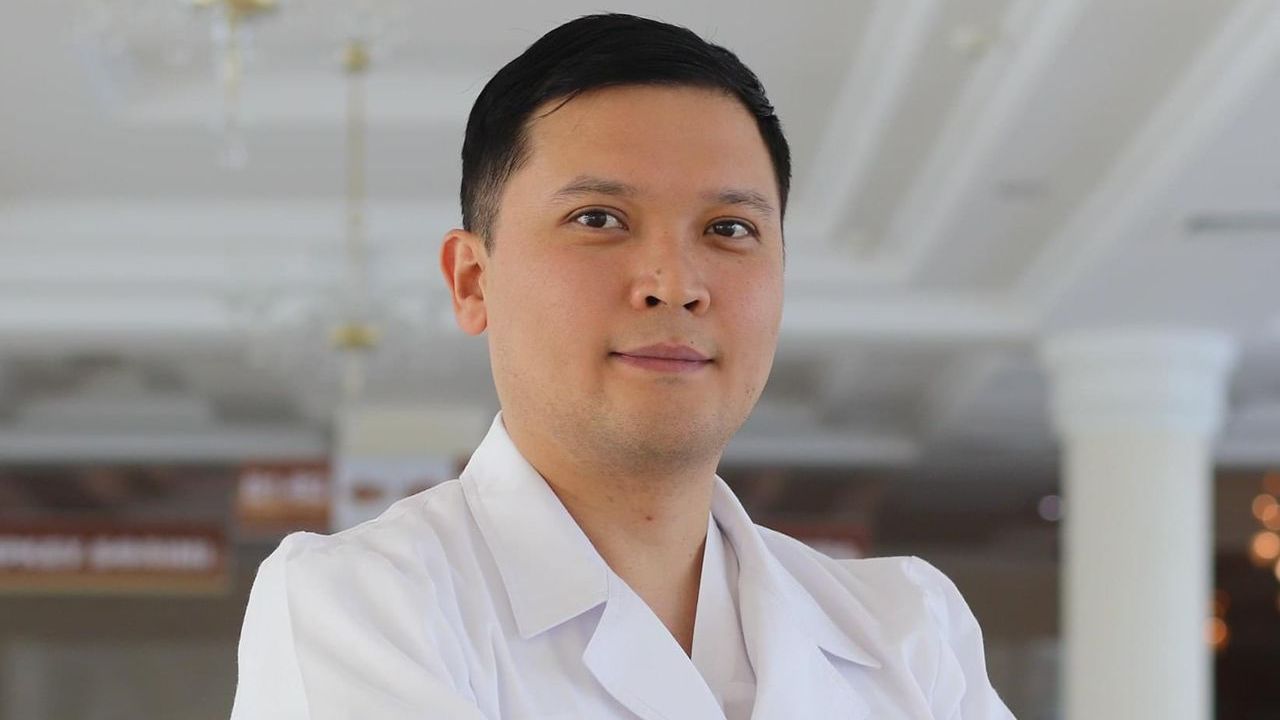
Complex urological surgeries are performed on a daily basis at the Medical Center Hospital of the President’s Affairs Administration of the Republic of Kazakhstan. Bakhtiyar Kassymov, Chief of the Surgery Department #4 of the Hospital, urologist, during the special interview will talk about the types of urological diseases, complicated surgeries and prevention of diseases of the urinary system.
- Dr.Kassymov, what diseases does the area of medicine - urology - treat?
- Urology is a broad area of medicine. Not only men, but also women are treated here. In other words, patients with diseases of kidneys, bladder, urinary tract and male reproductive system come to the urologist. Our department accepts patients when these diseases are detected and surgical intervention is required. And each surgery has its own diagnosis, complexity and a different factor.
- What is the difference between an urologist and a gynecologist, how often do women visit an urologist?
- Yes, despite the fact that they are two separate branches, we are confronted with operative moments that arise at one time. For example, we know that gynecology deals with the diagnosis, treatment and prevention of diseases of the female genitalia. In some cases the bladder is closed due to the lowering of the anterior walls of the vagina, and urinary incontinence can occur. In this situation, we work with gynecologists to restore the urinary tract. And in cases like this, when there are gynecological and urological complaints, then these two areas of medicine work together.
- What complicated urological surgeries are performed at the Medical Center Hospital of the President’s Affairs Administration of the Republic of Kazakhstan?
- Indeed, I would say that we don't have simple surgeries. And every surgical procedure has consequences. In this regard, we first differentiate the diagnosis, consult with physicians, and predict the outcome. Then, we schedule the surgery, with the patient's consent. Currently, more than 80-90% of all surgeries are performed by invasive surgery. Today in urological kidney disease surgery is leading : renal insufficiency, urolithiasis, benign or malignant kidney tumors, renal polycystic disease, renal prolapse (nephroptosis). Operations are carried out in different ways, depending on complexity. For example, kidney stones are crushed in the kidney and removed through a small incision. If there is a tumor, we try to save the kidneys as much as possible. Such operations are done laparoscopically, that is, by making a puncture in at least three places. And in order to take the kidneys out, we have to make an incision.
We have also been successfully performing a prosthesis on the genitals of men for the last two years in order to eliminate erectile dysfunction problems.
- What is your work experience as an urologist and what would you say about the staff of urologists at the hospital?
- I have been working by profession for 15 years. I was educated in Israel, within the framework of the state “Bolashak” program, and I regularly improve my qualifications abroad to keep up with the latest trends in modern medicine. Not only I, but my colleagues as well sharpen their knowledge and skills at least every 2 years. Therefore, I can boast that we have highly qualified doctors. Today, besides the head of our urologic surgery, we have 4 doctors who perform 3-4 complicated surgeries a day. The number of urologists in our hospital is about 15 people. I would like to emphasize especially doctor of medical sciences, professor, urologist Yerlan Yensebaev.
- What doctor's advice would you give to prevent urological diseases without causing complications?
- We have many diseases that come out in the first place depending on the epidemiology. The occurrence of urolithiasis is influenced even by the water you drink, the foods you consume on a daily basis. It's very difficult to prevent it, you just have to be more careful with your health. As a doctor, I recommend drinking 1.5-2 liters of clean water every day depending on your weight, exercising to improve the circulatory system, and keeping our body healthy with a healthy diet. This is crucial not only for the prevention of urological diseases, but in general is the best prevention of any disease.




